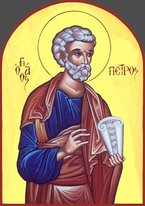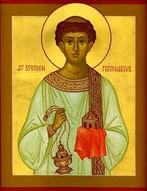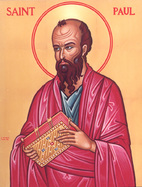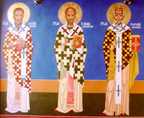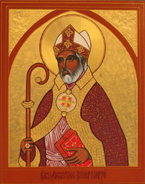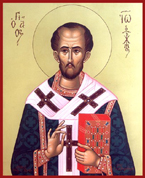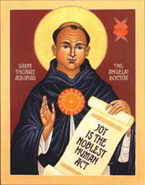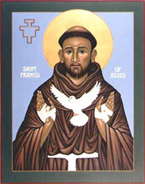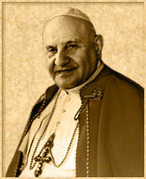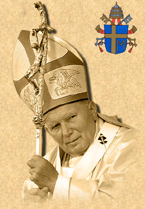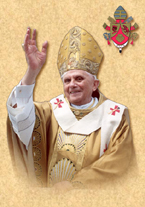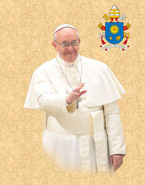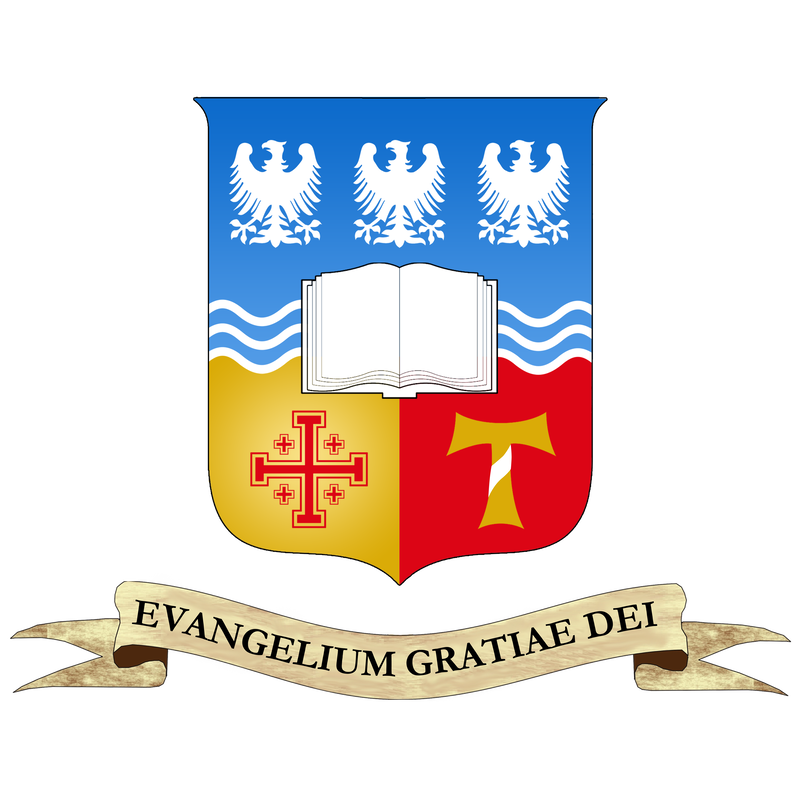The greatness of the liturgy depends - we shall have to repeat this frequently - on its unspontaneity (Unbeliebigkeit)…. Only respect for the liturgy’s fundamental unspontaneity and pre-existing identity can give us what we hope for: the feast in which the great reality comes to us that we ourselves do not manufacture but receive as a gift. This means that “creativity” cannot be an authentic category for matters liturgical. In any case, this is a word that developed within the Marxist world view. Creativity means that in a universe that in itself is meaningless and came into existence through blind evolution, man can creatively fashion a new and better world. Modern theories of art think in terms of a nihilistic kind of creativity. Art is not meant to copy anything. Artistic creativity is under the free mastery of man, without being bound by norms or goals and subject to no questions of meaning. It may be that in such visions a cry for freedom is to be heard, a cry that in a world totally in the control of technology becomes a cry for help. Seen in this way, art appears as the final refuge of freedom. True, art has something to do with freedom, but freedom understood in the way we have been describing is empty. It is not redemptive, but makes despair sound like the last word of human existence. This kind of creativity has no place within the liturgy. The life of the liturgy does not come from what dawns upon the minds of individuals and planning groups. On the contrary, it is God’s descent upon our world, the source of real liberation. He alone can open the door to freedom. The more priests and faithful humbly surrender themselves to this descent of God, the more “new” the liturgy will constantly be, and the more true and personal it becomes. Yes, the liturgy becomes personal, true, and new, not through tomfoolery and banal experiments with the words, but through a courageous entry into the great reality that through the rite is always ahead of us and can never quite be overtaken. [ Commentary: Evidently, the liturgy is not a matter for manipulation, humanly initiated creativity, entertaining performance or artistic flaunting. Further to that, it is much less a platform for the exercise of uninhibited freedom often desired by people. Of course, it is for this very reason that many people find the liturgy rigid, unchanging, too predictable, and sadly, mechanistic.
But the Holy Father seems to be saying, in this paragraph, that it is precisely the quality of unchanging predictability and stability that gives the liturgy its beauty and meaning. This is God's gracious way of acting in the liturgy to provide us with the life that we need without having to to be confronted by unpleasant surprises. Participation in the liturgy the way it has been delivered to the community of faith, together with the constant expectancy that the same divine substance is given unfailingly, is the very thing that defines the nature and constancy of God. If I may add a further thought to this flow of argument, it is also this liturgical predictability that provides a sense of heavenly "changelesness", through which the consciousness of the People of God are brought into the reality of a God who is always the same, and a heaven that is eternal. Simply put, if the liturgy is to be "heaven on earth", it must be characterised by the timelessness it represents. The liturgy is therefore not to be open or subject to the whims of human creativity which aims to excite the human self. It is not to be a human act, but rather, a timeless divine act during which God once again penetrates in the human history to offer Himself again - in the very same way that He always does. Unfailingly.
0 Comments
Leave a Reply. |
Categories
All
Archives
December 2021
|
|
FOLLOW DEACON SHERMAN DEACON'S FORMATION FB GROUP
© 2021 Sherman Kuek. All rights reserved.
|

 RSS Feed
RSS Feed
